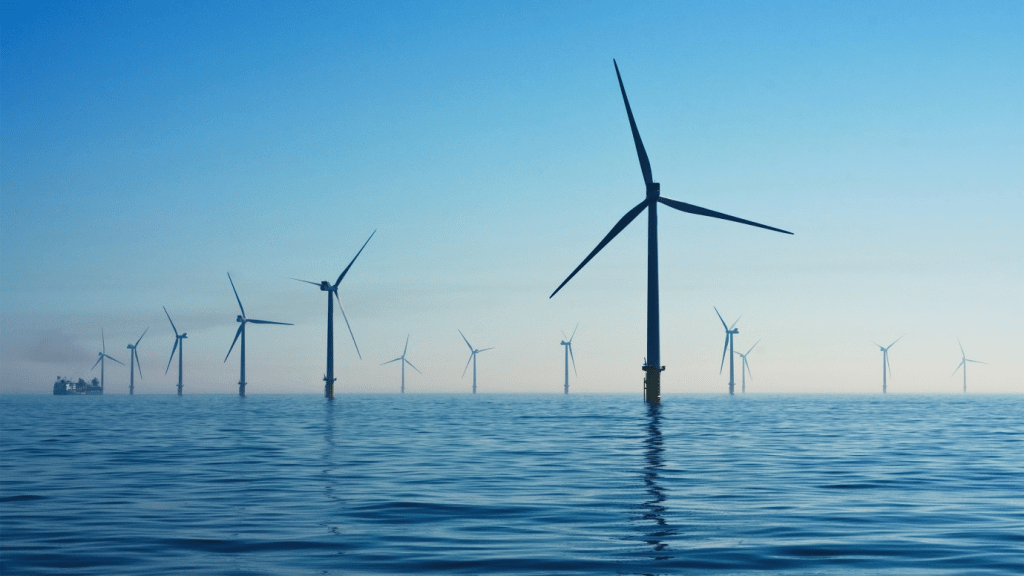
Binance Airdrops $BANANA Token, Prices Surge on Listing
Binance, the world’s leading cryptocurrency exchange, has introduced a novel initiative with the Banana Gun ($BANANA) token launch as …

February 23, 2022: On Monday, German energy giant RWE and India’s Tata Power announced a collaboration that will develop offshore wind projects in India.
The firm says that a memorandum of understanding relating to the plans had been signed by RWE Renewables GmbH and Tata Power Renewable Energy Limited.
“India has wind resources, helping to meet the country’s increasing energy demands,” Sven Utermöhlen, RWE Renewables’ CEO for offshore wind, said.
“If clear regulations and an effective tender scheme are in place, we expect India’s offshore wind industry will gain a real momentum,” he added.
According to India’s Ministry of New and Renewable Energy, the country is home to roughly 7,600 kilometers of coastline. While India has a well-developed onshore wind sector, there are no operational offshore wind projects in its waters. Authorities have said they want 30 gigawatts of offshore wind installations by 2030.
“The Indian Government is in the process which conducts detailed technical studies and devising the regulatory framework to establish the first auctions for the offshore wind of the coast of Tamil Nadu and Gujarat,” RWE and Tata Power said.
The firms added they would undertake technical and commercial site assessments to “facilitate the establishment of an offshore wind market.”
They will also evaluate India’s supply chain for offshore wind and crucial infrastructure, including ports and grid connections.
India’s MNRE says it wants “non-fossil fuels” installed capacity to hit 500 GW by 2030. Despite this lofty target, the country remains reliant on fossil fuels. As of December 31, fossil fuels’ share of India’s total installed generation capacity stood at 59.8%, according to the Ministry of Power.
At the previous year’s COP26 climate change summit, India and China, both among the biggest burners of coal, insisted on a recent minute change of fossil fuel language in the Glasgow Climate Pact from a “phase out” of coal to a “phase down.” After initial objections, which opposed countries ultimately conceded.
In a speech delivered to The Energy and Resources Institute’s World Sustainable Development Summit the previous week, Indian Prime Minister Narendra Modi said he believed that “environmental sustainability can only be achieved through climate justice.”
We provide the insights on leaders who are responsible for taking their organization to new heights, all the while bringing together a group of talented individuals.

Binance, the world’s leading cryptocurrency exchange, has introduced a novel initiative with the Banana Gun ($BANANA) token launch as …
Mostbet Apostas Desportivas E Casino On-line Site Oficial Aqui

Lockheed Martin Corporation (LMT) delivered a stellar performance in the second quarter of 2024, exceeding analyst expectations …

In a strategic move, Canadian tech-focused mortgage brokerage Pineapple Financial Inc. (NYSE American: PAPL) announced a collaborative …

In the annals of human history, the art of manufacturing has undergone a metamorphosis so profound that it has reshaped …

In the labyrinth of modern industry, where the flames of innovation flicker and the winds of change howl, there exist titans—visionaries …